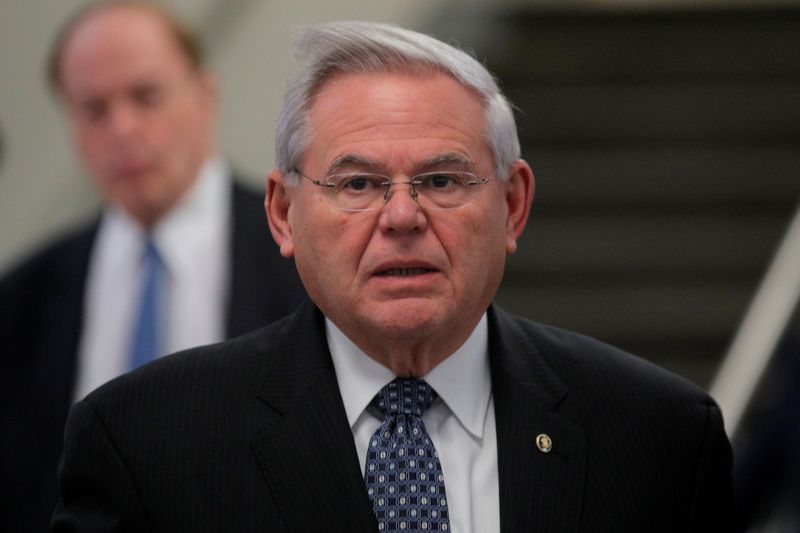This post was originally published on this site

WASHINGTON (Reuters) – A senior U.S. senator on Tuesday accused U.S. firms of willfully ignoring “horrific” forced labor conditions in China’s Xinjiang region and called on the Commerce Department to stop American companies and consumers buying goods produced by such labor.
In a letter to Commerce Secretary Wilbur Ross, Democratic Senator Bob Menendez said recent reports indicated a wide array of U.S. companies, including Apple (O:), Kraft Heinz (O:), Coca-Cola (N:), and the Gap (N:), had sourced, or continued to source, goods from Xinjiang.
“Moreover, there are consistent reports that U.S. companies fail to undertake basic labor and human rights assessments in Xinjiang, in essence willfully ignoring the horrific conditions of forced labor in Xinjiang,” Menendez, the ranking member of the Senate Committee on Foreign Relations, said in the letter.
“In failing to uphold their responsibilities to vet their supply chains, these companies may be complicit in the mass repression of Uighurs, ethnic Kazakhs, Kyrgyz, and members of other Muslim minority groups,” he said.
The firms Menendez mentioned did not immediately respond to requests for comment.
The United Nations estimates more than a million Muslim Uighurs have been detained in camps in Xinjiang in recent years. China denies it violates Uighur rights and says the camps are designed to stamp out terrorism and provide vocational skills.
Menendez, who has called for sanctions on China over the issue, also requested information about U.S. government contractors who source cotton from China, which produces 84% of its cotton in Xinjiang.
“The use of materials that are manufactured using forced labor is unacceptable for products in U.S. markets,” he said in the letter.
An Australian think tank said in a report earlier this month that tens of thousands of ethnic Uighurs have been transferred to work in factories across China supplying 83 global brands in conditions “that strongly suggest forced labor.”
On Monday, the Washington-based Fair Labor Association, which conducts due diligence for major multinational firms, said it was “deeply troubled by credible reports of forced labor and other violations of fundamental rights in Xinjiang.”
“We have directed our affiliates to review their direct and indirect sourcing relationships, identify alternative sourcing opportunities, and develop timebound plans to ensure that their sourcing is in line with the FLA’s principles,” it said.
Fusion Media or anyone involved with Fusion Media will not accept any liability for loss or damage as a result of reliance on the information including data, quotes, charts and buy/sell signals contained within this website. Please be fully informed regarding the risks and costs associated with trading the financial markets, it is one of the riskiest investment forms possible.




